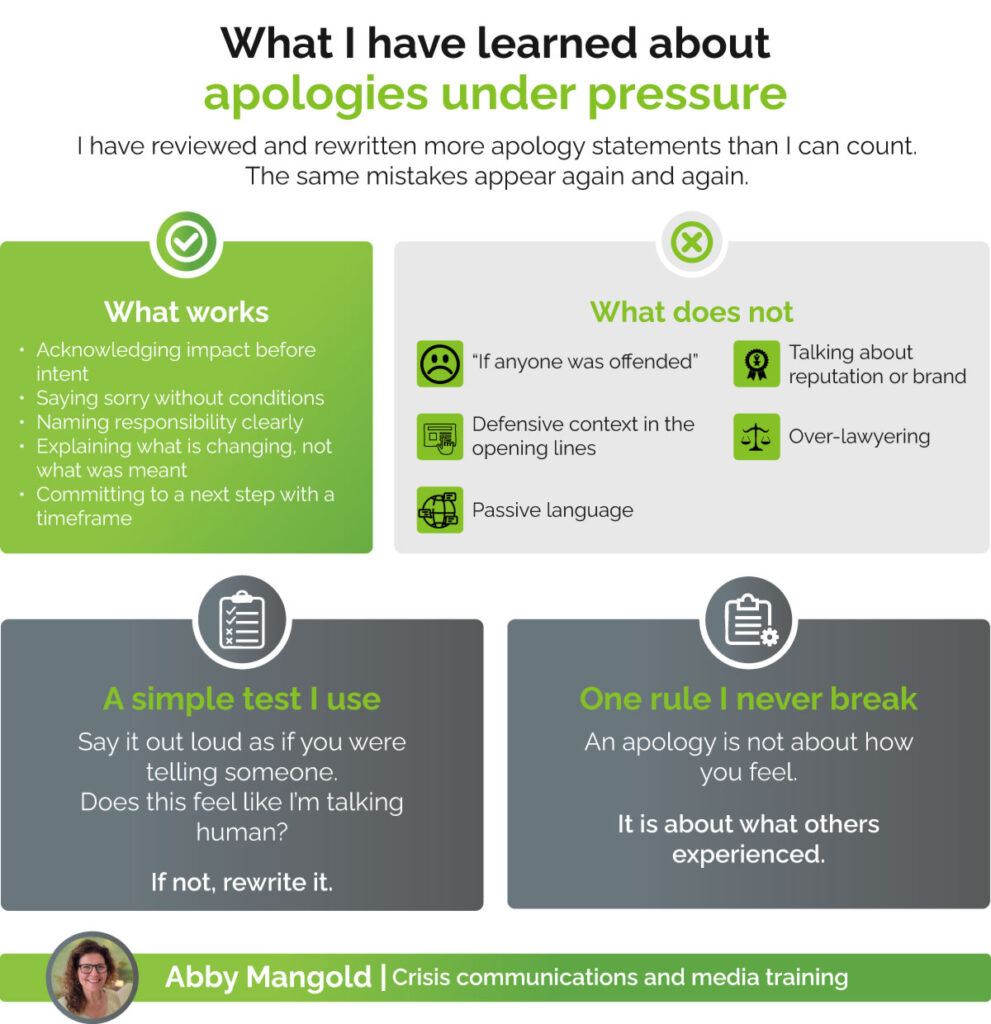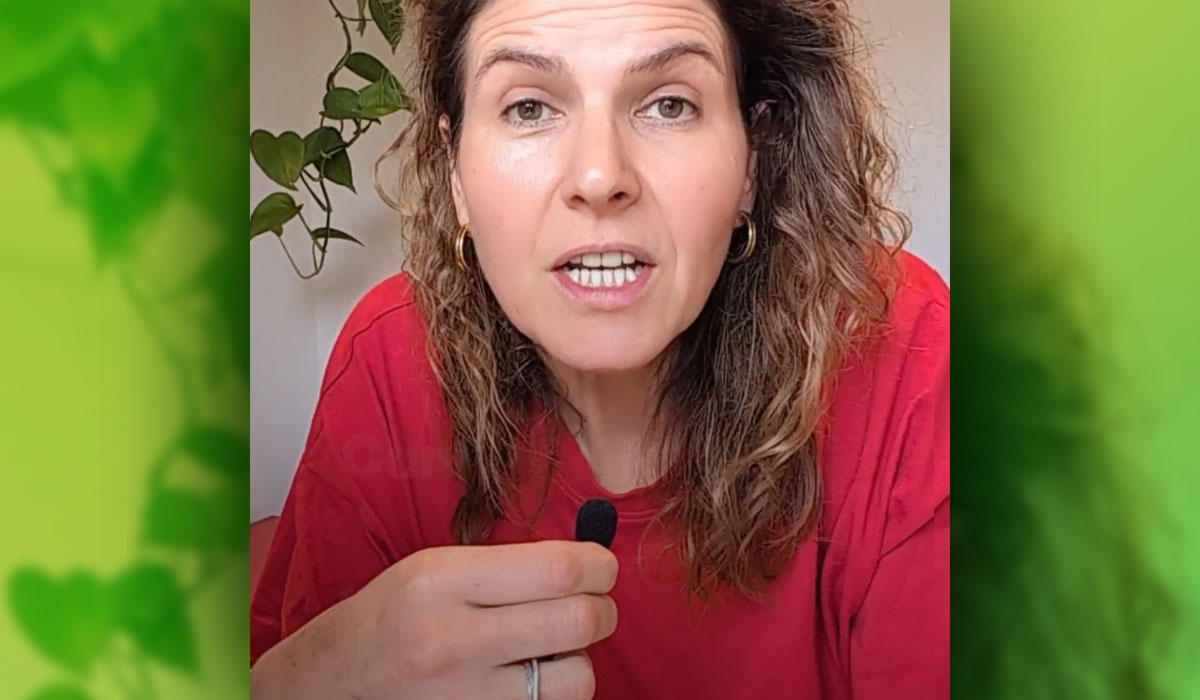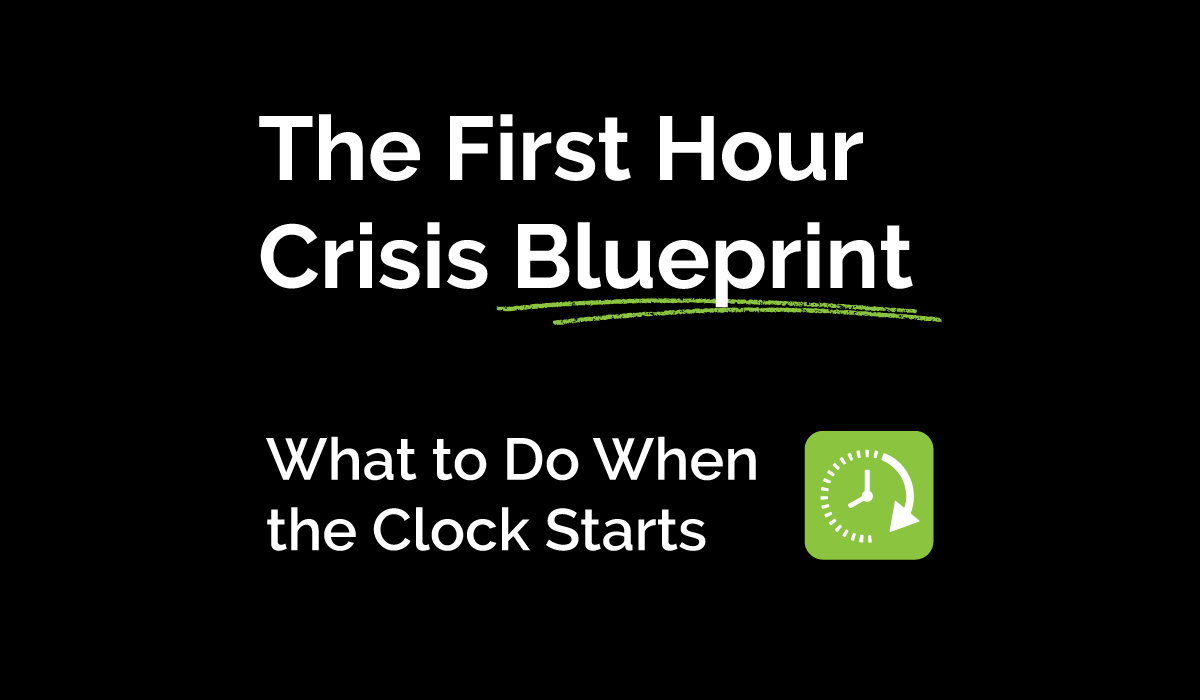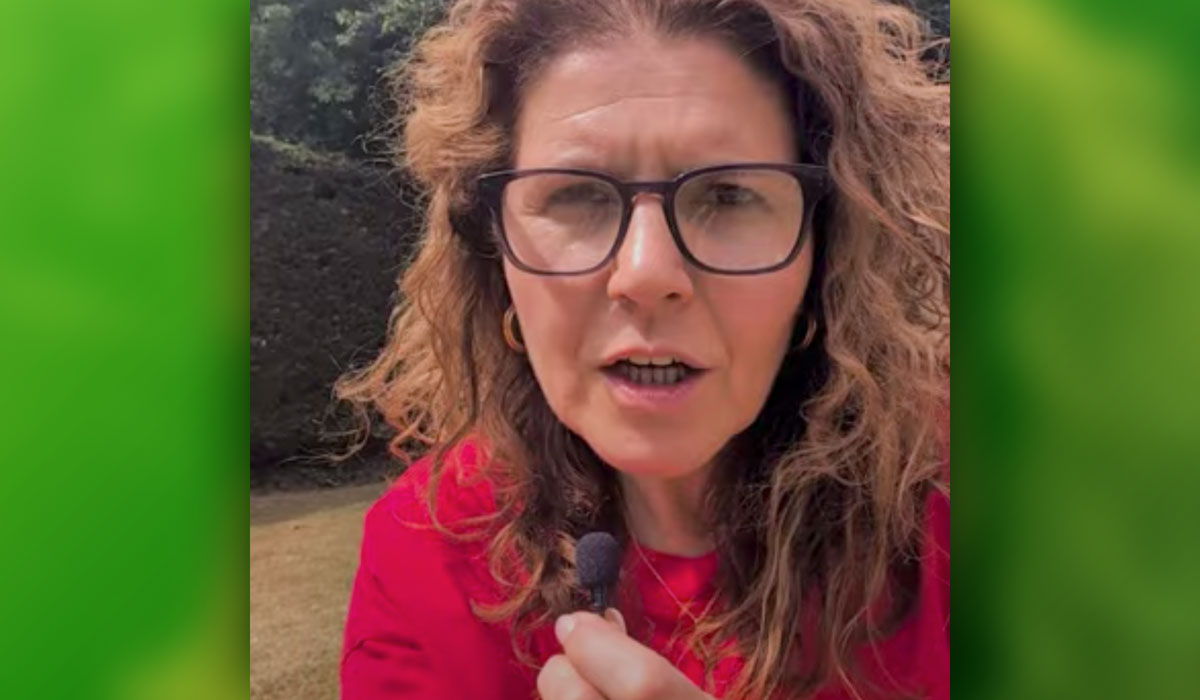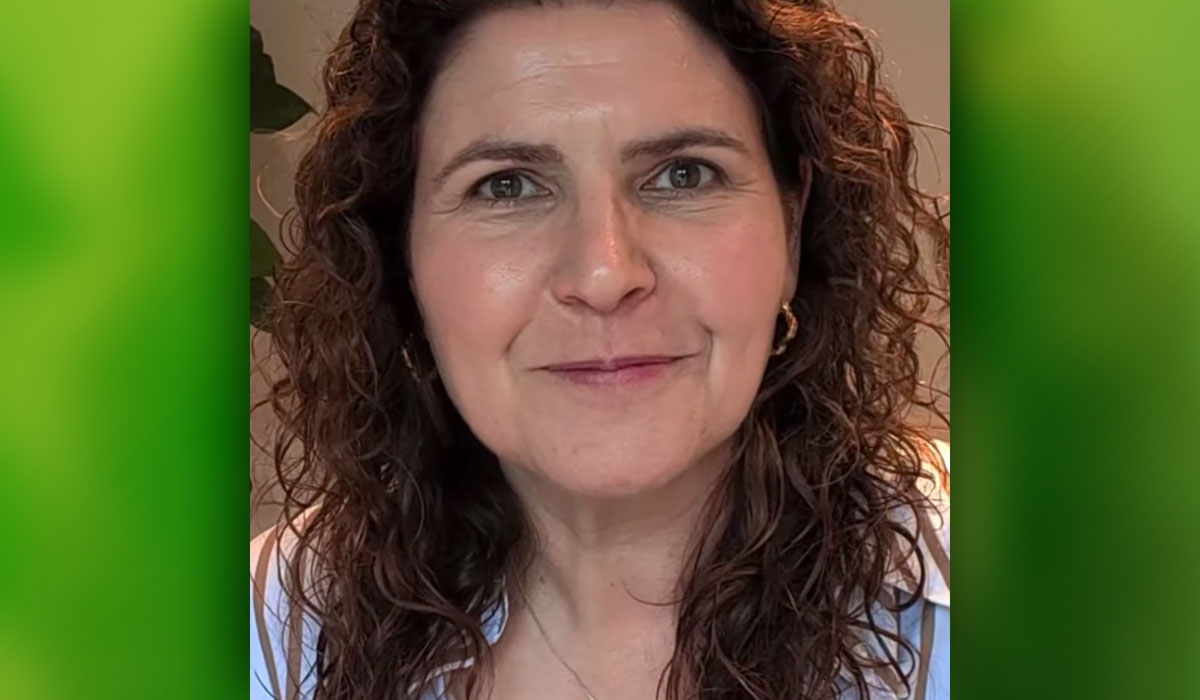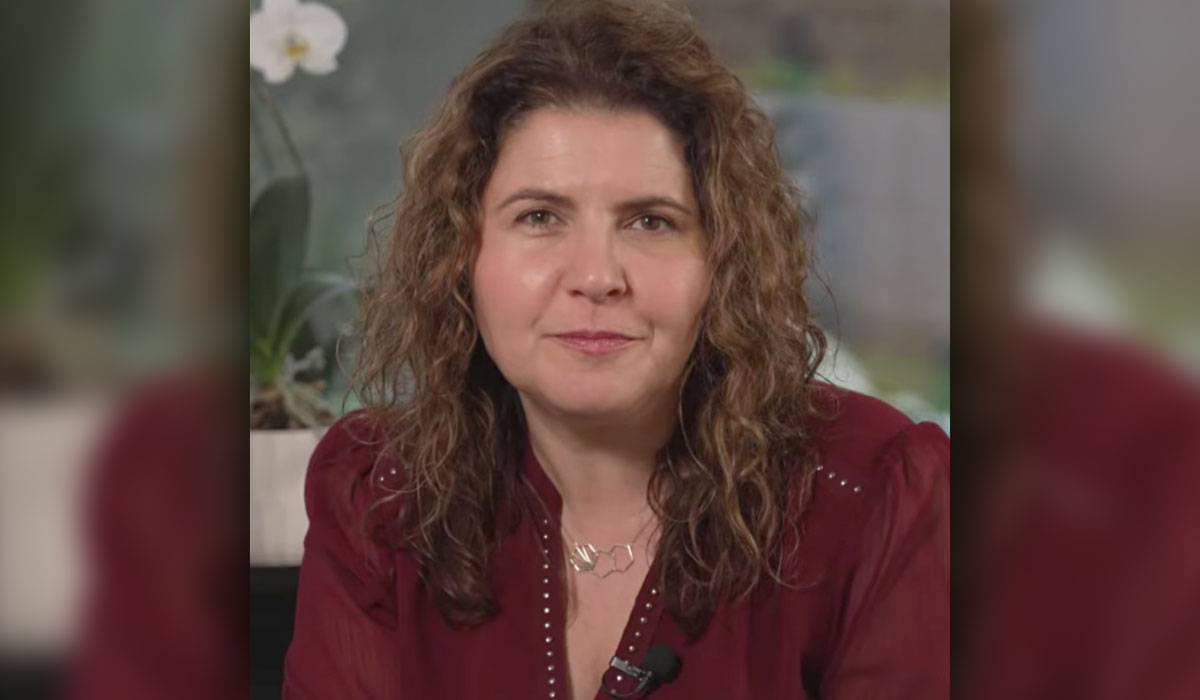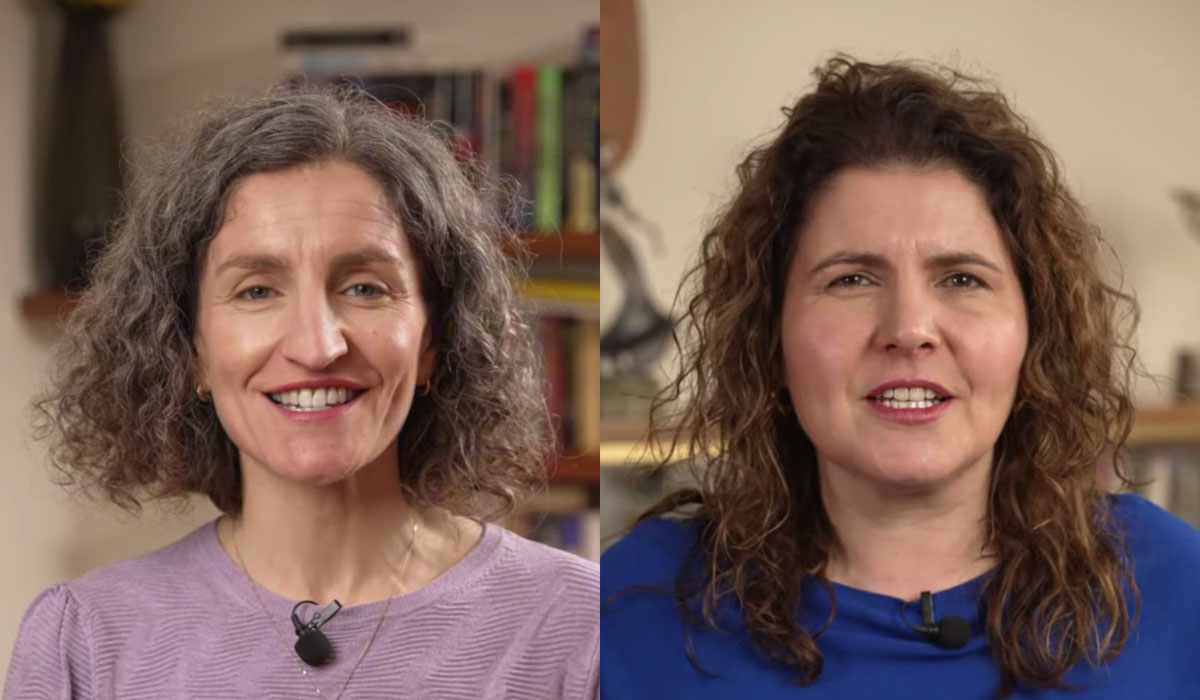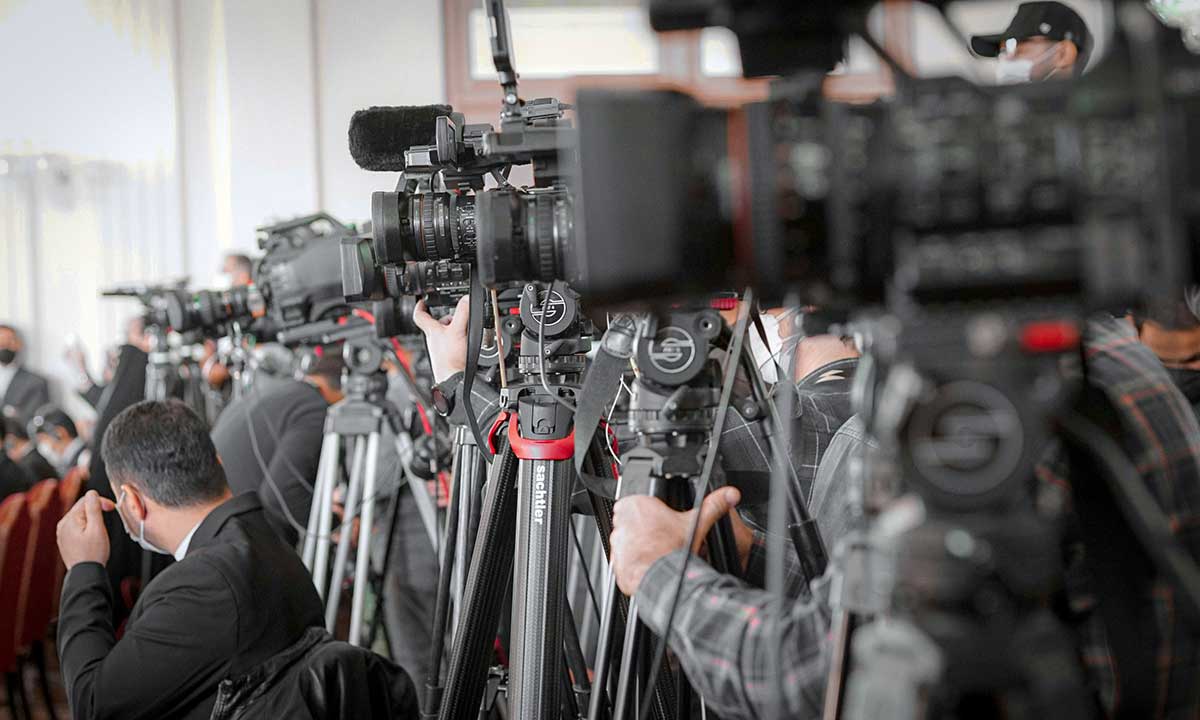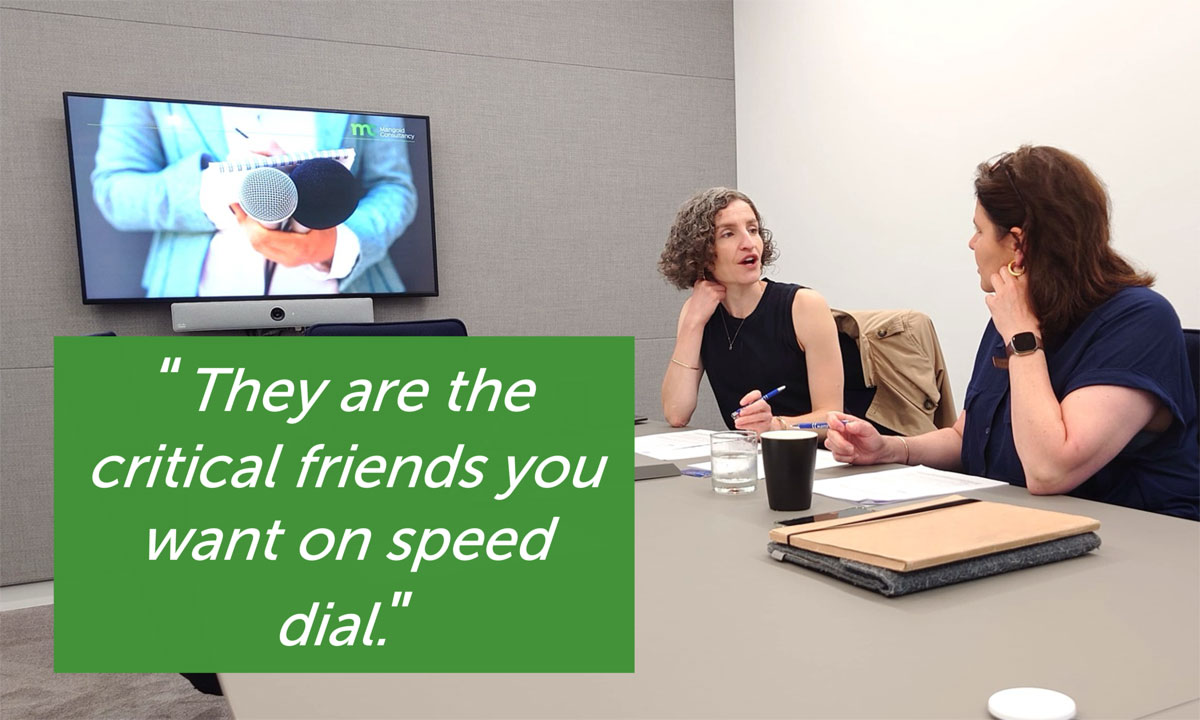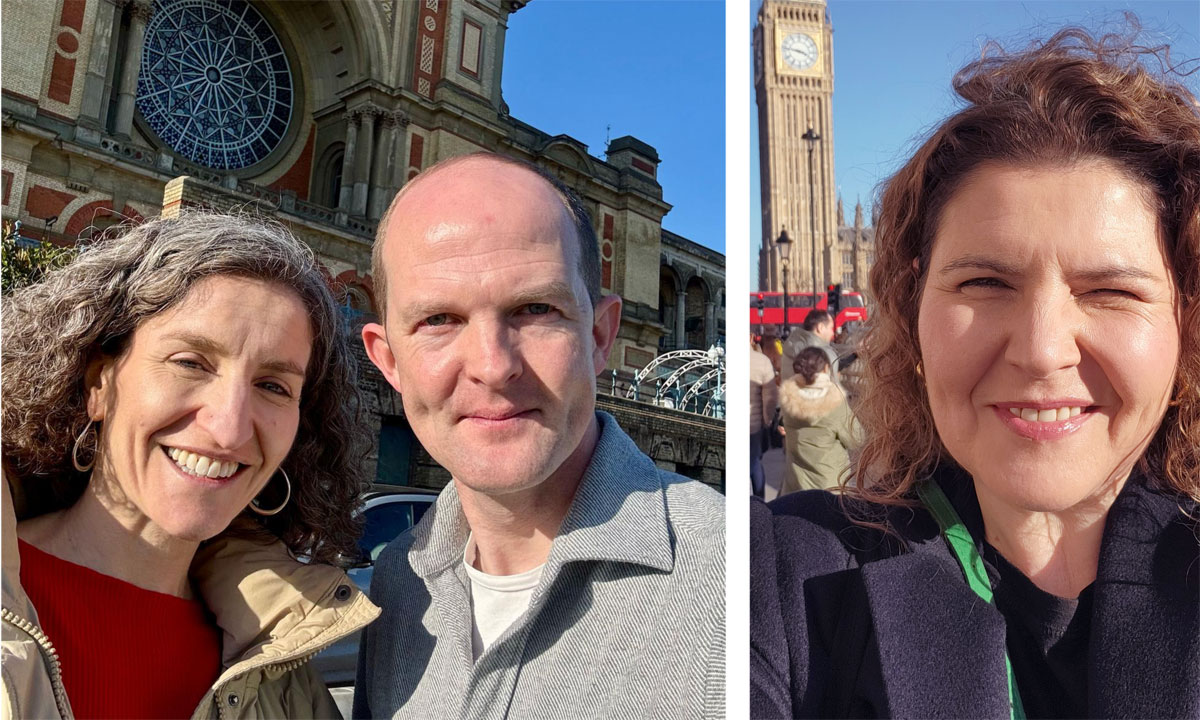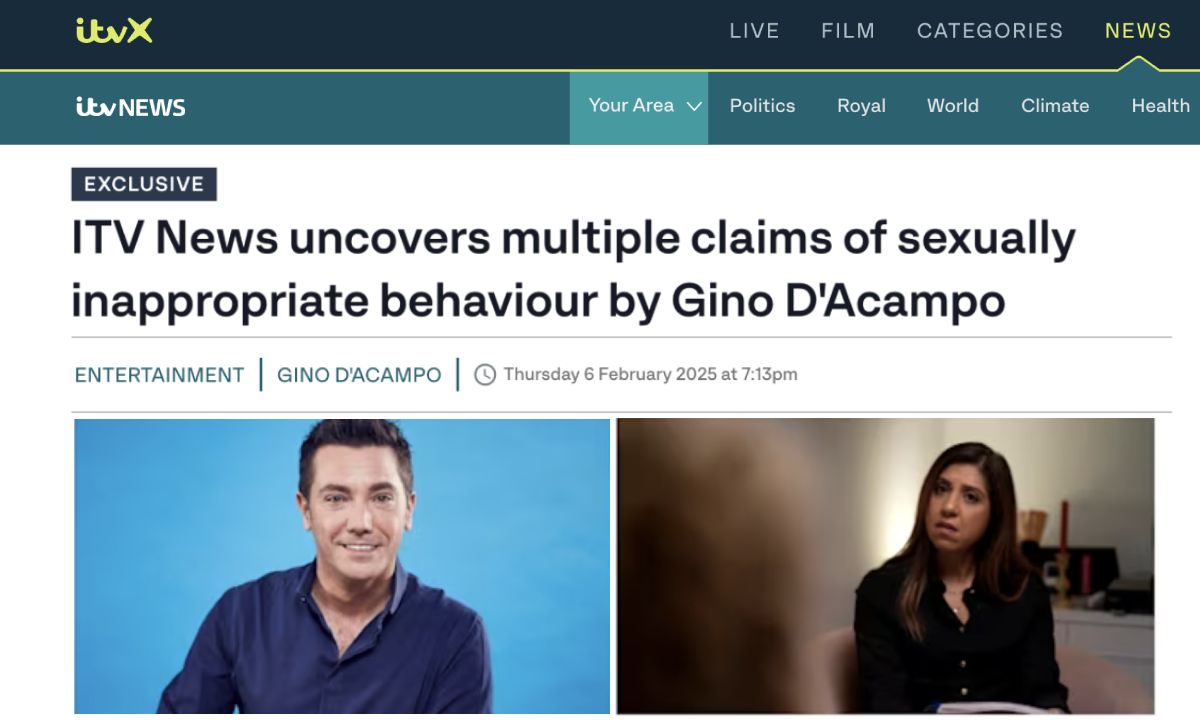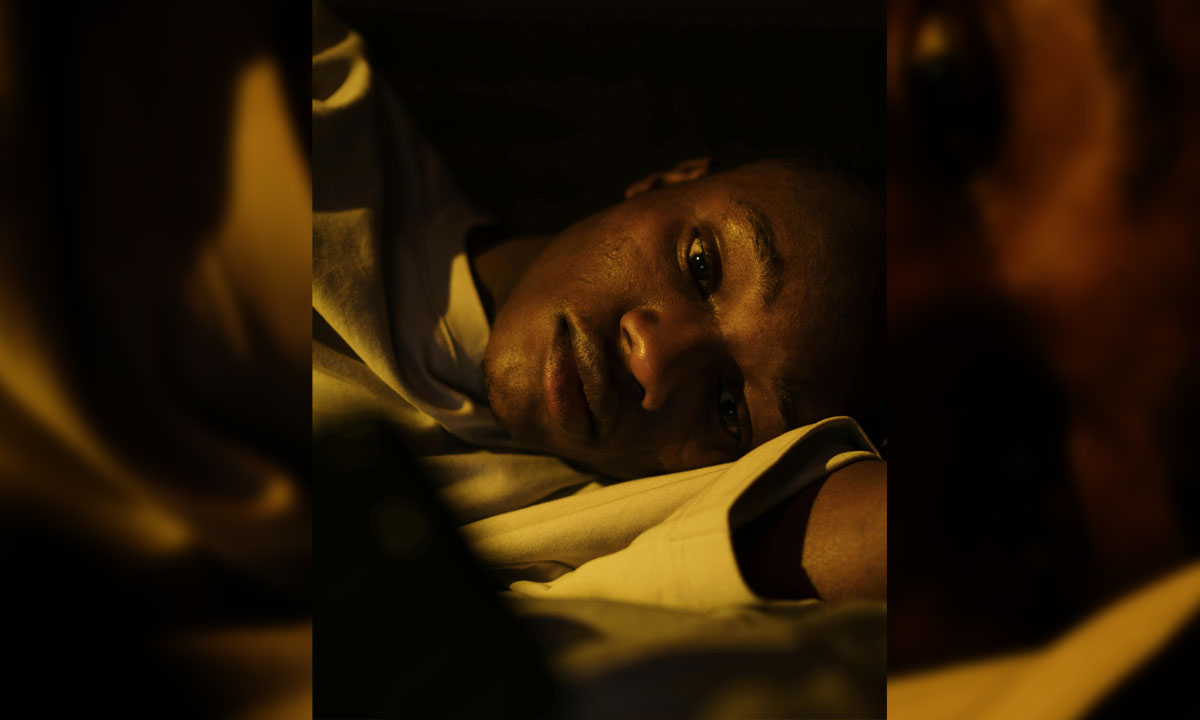Mastering apologies under pressure requires simplicity and a human touch. If you ever have to apologise publicly, this will matter more than you expect.
Most people don’t get apologies wrong because they don’t care. They get them wrong because pressure changes how they think. Language tightens. Legal instinct kicks in.
The focus shifts to intent, explanation and protection, often without realising it.
I’ve seen well-intended apologies make situations worse simply because they stopped sounding human.
Below I’ve set out what I’ve learned about apologies under pressure. These are based on the patterns that show up again and again, when statements are drafted quickly, reviewed heavily and read closely by the people who matter most.
What works is usually simplicity.
An apology is about what others experienced and what changes next. That’s where trust is either rebuilt or lost.
What works and what doesn’t when delivering apologies under pressure
I have reviewed and rewritten more apology statements than I can count, and the same mistakes appear again and again
What works
- Acknowledging impact before intent
- Saying sorry without conditions
- Naming responsibility clearly
- Explaining what is changing, not what was meant
- Committing to a next step with a timeframe
What does not work
- “If anyone was offended”
- Defensive context in the opening lines
- Passive language
- Over-lawyering
- Talking about reputation or brand
A simple test I use
One test I always come back to is this:
Say it out loud, as if you were speaking directly to the person affected. If it doesn’t sound like something you’d say face to face, it won’t land as sincere.
Does this feel like I’m talking human? If not, rewrite it.
One rule I never break
An apology is not about how you feel.
It is about what others experienced.
